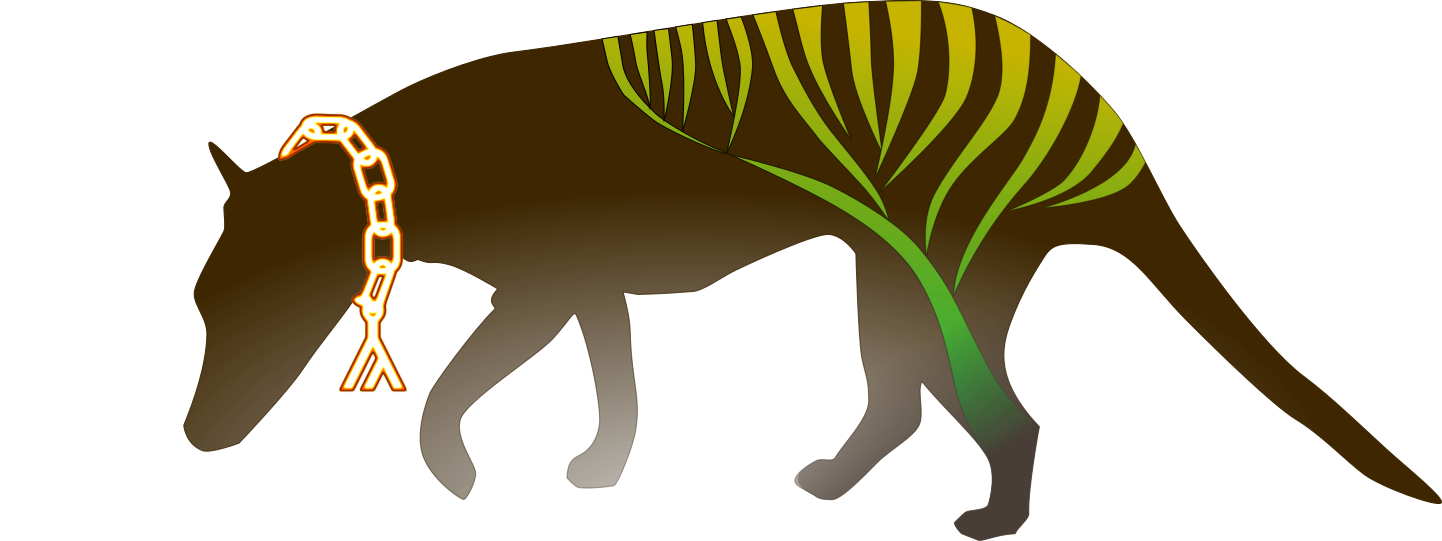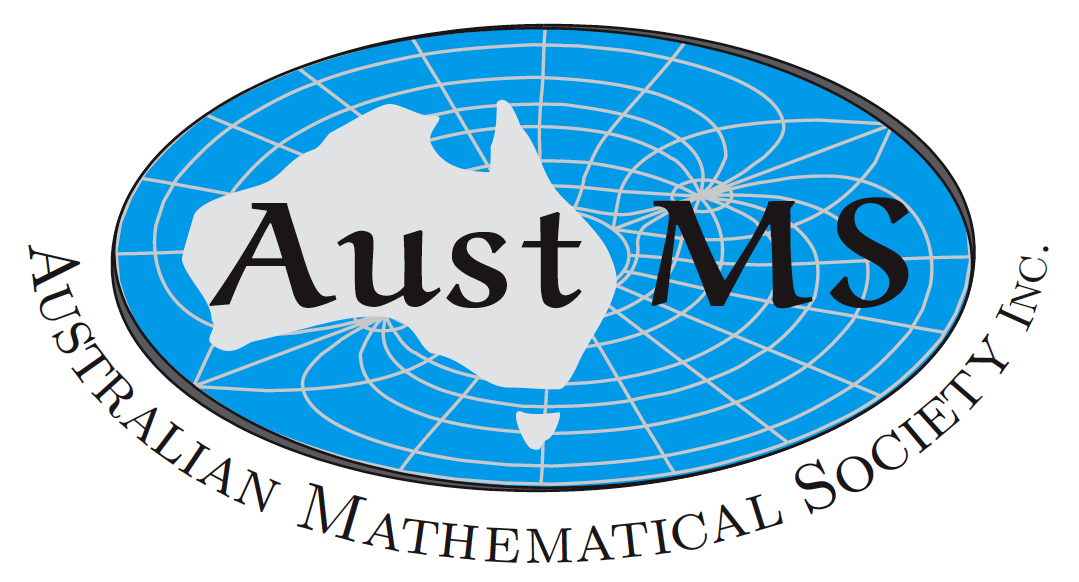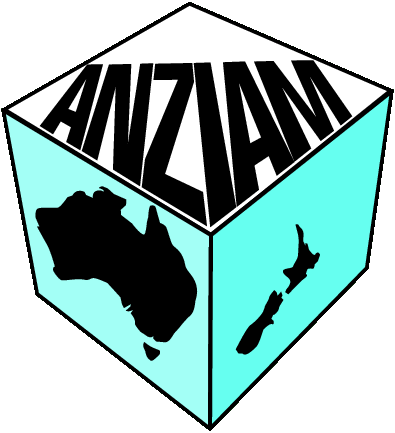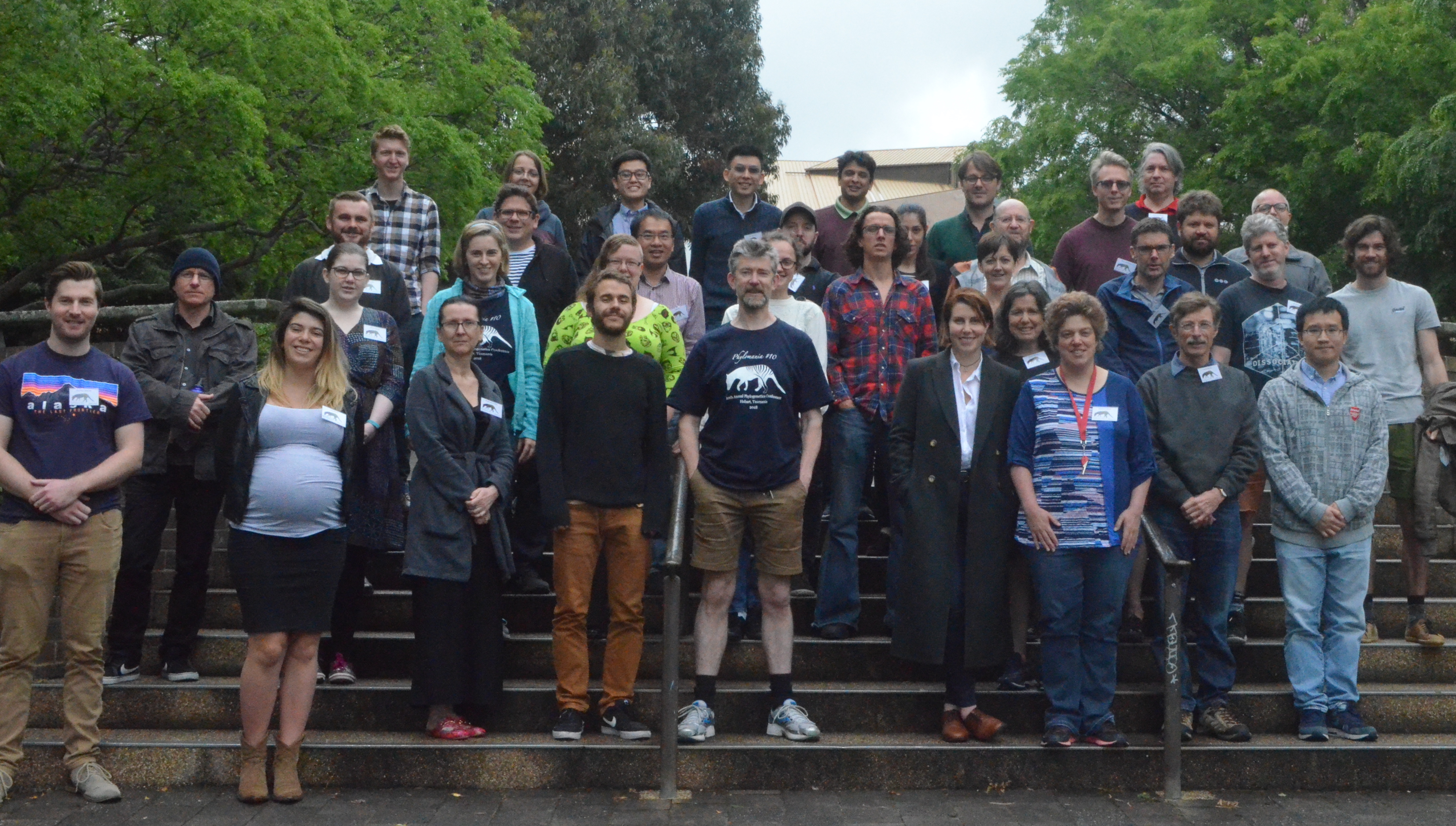For those of you looking to book accommodation early(ish), there are a range of options both near to the Uni and in the City itself.
The University of Tasmania Accommodation Services also has a range of cheap(ish) possibilities.
As well as the University itself, the surrounding suburb of Sandy Bay has a range of accommodation options that will cater to all needs.
These are all within walking distance to the University, Hobart city and the wharf area.
Some examples of the kind of places that may be available include
Grosvenor Court Apartment,
St Ives Apartments,
Red Awnings Apartments,
Apartments at Wolmers,
Mayfair Plaza Hotel, and the
Blue Hills Hotel.
Of course it is also worth checking out Stayz and Airbnb for plenty of great alternative options.
Beyond Sandy Bay, the city offers a myriad of potential accommodation options (too many to list here).
The city is within easy walking distance from the University (20 - 30 minutes) but there are also several buses that service the University from the centre of the city.
For those of you looking for budget accommodation (but possibly loud) the city has a number of hostels.
These include the Pickled Frog hostel, The Brunswick Hotel, Imperial Hotel, and Hobart Central YHA.






